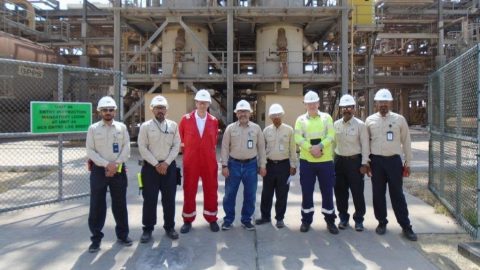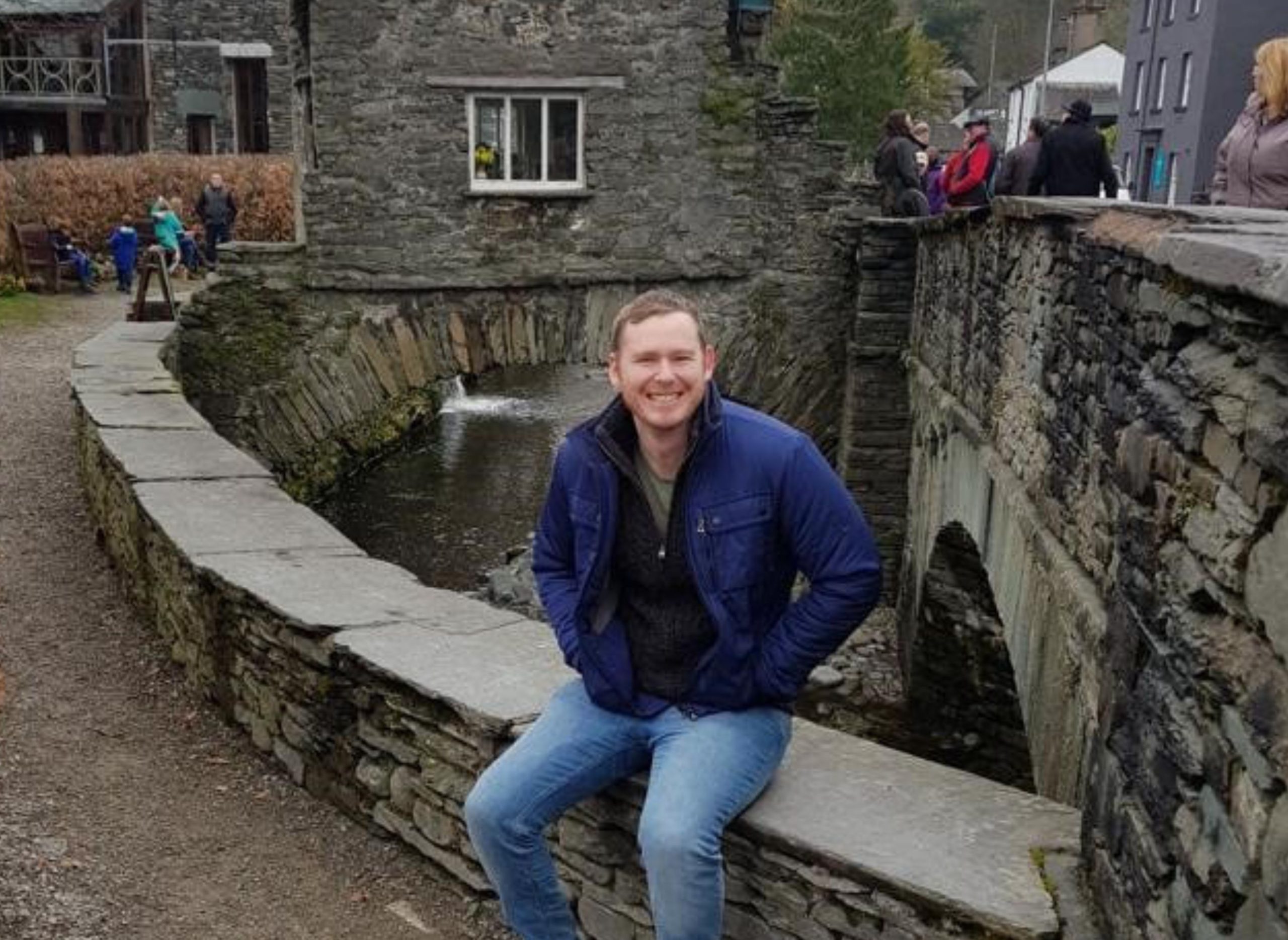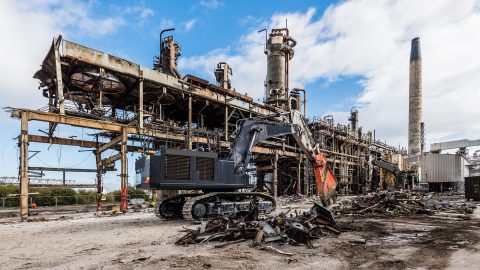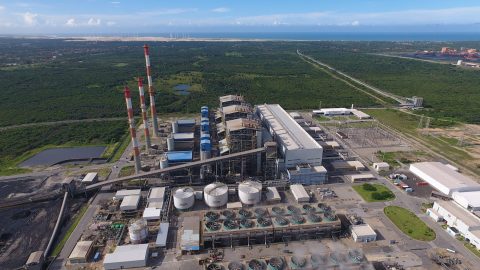Name and role: Mark Taylor, engineering & consultancy director
How long have you been with RVA Group?
15 years, although it seems like a lifetime (in a good way!) Previously the longest I had been in a post was six years. This was because when I was young, I was told that if you stay in a role for less than two years you are not giving your all to the position, and over five years means you are no longer learning. With RVA, the amount of impact I can make has resulted in such a long tenure.
Describe your career journey before that?
I graduated as a civil engineer from Newcastle, and it was around this time that desktop computers were starting to appear! I immediately enrolled on a full-time, post graduate diploma in business and IT, to learn more about this new tool – and business in general. In fact, after this, my first job was with the Tees & Hartlepool Port Authority in their IT department. This was probably my proudest application – not because it was my first, but because I was successful against 50 other candidates, all of whom had IT degrees. It was only six months into this role that the government-funded TDC made money available to the Port Authority, and I was moved to their design office to take up a role of civil/project Engineer.
After five years, I left to join P. C. Richardson’s (specialist access contractor – steeplejacks) as a project engineer/manager. It was during these four years that I became involved in nuclear decommissioning, which eventually saw me leaving to join Atkins Nuclear at Whitehaven.
My six years at Atkins covered the decommissioning of legacy nuclear assets across the UK – including a role within a BNFL project team as a responsible civil, structural, and architectural engineer on the Ponds Retrieval Project at Sellafield. I finished my time at Atkins as group head of Atkins Nuclear North. It was from here that I was asked to join RVA.
What did you want to be, when you were younger?
I never really had an ideal career aspiration. In school, I applied to be a pilot for the RAF, but my eyesight was not good enough. In truth, when I studied civil engineering at university, I didn’t really know what I wanted to be, but I was interested in buildings and structures. It was a family friend who suggested this route as it opened up more opportunities after graduating.
And what do you think is the key skill you need to be a successful engineering and consultancy director?
To be able to understand and manage clients’ requirements, communicate clearly with them, and tailor services to provide fit-for-purpose advice and deliverables that are accurate and presented correctly.
What’s your biggest RVA achievement to date?
Developing RVA Engineering Solutions Limited – the client-facing consultancy side of the business – to become the professional, reputable, quality-defined organisation that it is today. We have clear products, services and deliverables, and a continued bright future ahead.
And the most memorable thing you’ve learnt during your career?
Be honest with the people you are dealing with and yourself – respect is built from that.
Describe your dream project.
A ‘cradle to grave’ demolition project. From inputting into the facility’s design, to updating the financial provisions, providing initial guidance and options studies for closure, planning (including budgeting) in preparing for closure, assistance in decommissioning, overseeing the demolition and remediation, and exploring potential new uses for the land. This would be a long project – I agree – and not many could be achieved in my working life span, if the operating phase is successful.
RVA Group is celebrating 30 years in business, with a truly global reputation for decommissioning excellence. Why do you think the company has earned such a stand-out position in industry?
Integrity. RVA’s philosophy of delivering world class decommissioning projects, executed in the right way (HSE excellence without compromise), while providing clients with confidence in this and financial best practice, is core to our existence.
Of all the sectors RVA operates in, which is the most exciting right now?
For me it’s not a ‘sector’, it is location. There are fewer and fewer large-scale demolition projects in the UK, and we are on the cusp of the UK demolition industry looking further afield for work. Yet RVA has had a truly international presence for some time, having executed projects in wider Europe, the US, the middle and far east, along with the rest of the Americas. It is an exciting time as we continue to expand into existing and new overseas territories.
What’s the biggest piece of advice you could give to an organisation preparing for a decommissioning project?
It is NEVER too early to start planning. Ideally, decommissioning should be discussed and budgeted for, during the facility’s original design. There are so many aspects to understand and agree on to ensure financial success, and most importantly Health, Safety and Environmental excellence, that planning for decommissioning should be ingrained into business decisions from the outset – certainly well before a facility is due to close.
What makes you tick outside of work?
For leisure – rugby, rugby, rugby and cycling. Although too old to play anymore, I still help out with the committee of my local Rugby Club (Yarm) – who I helped found in 1997 – and I like to travel to at least two international matches a year. I cycled a lot at school, and I have come back to it as a way to stay fit now my rugby playing days are over, doing the ETAPE Loch Ness sportive every year.
As for sheer satisfaction, I spend as much free time as possible with my three granddaughters, who are two, five, and seven.
If you could be given a plane ticket for anywhere, where would you choose?
I have to pick two as I can’t decide between them, and they are Cape Town and Singapore. They are by far the best places outside the UK I have ever been to on my travels.


















